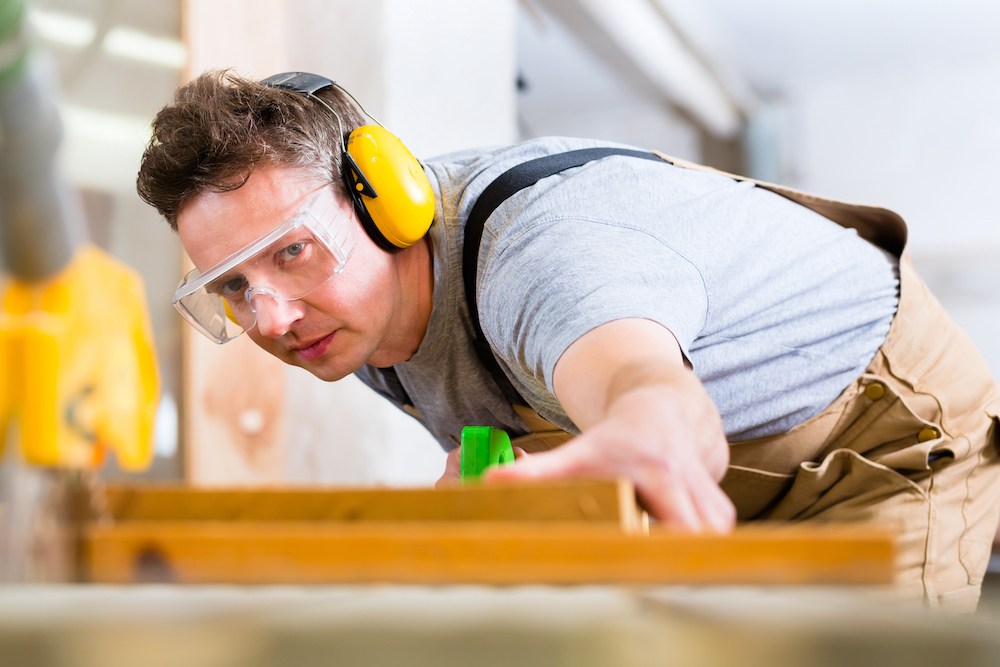Understanding Different Types of Hearing Loss
Have you ever wondered why hearing loss affects people in so many


Have you ever wondered why hearing loss affects people in so many

Many people understand that hearing loss can result from loud noise, aging

Working in construction often means spending long hours around loud